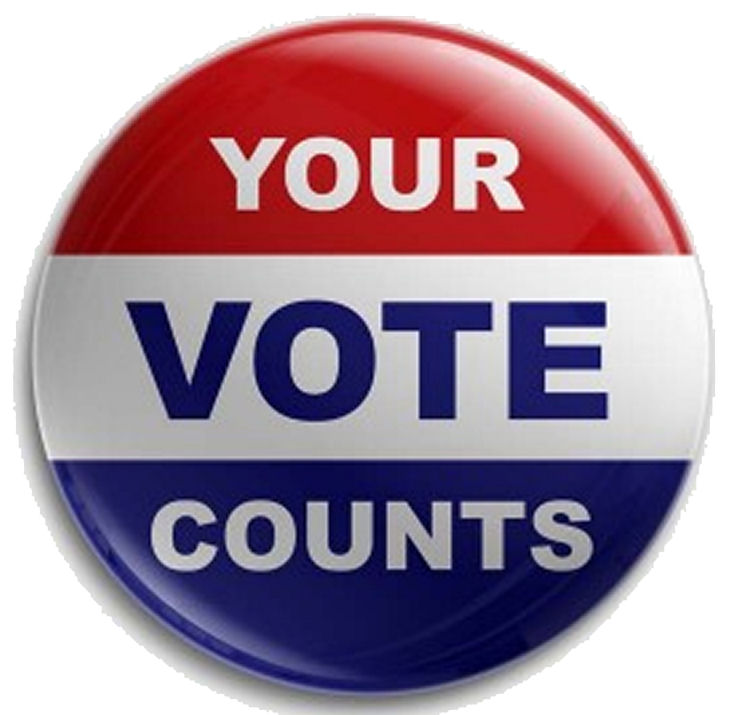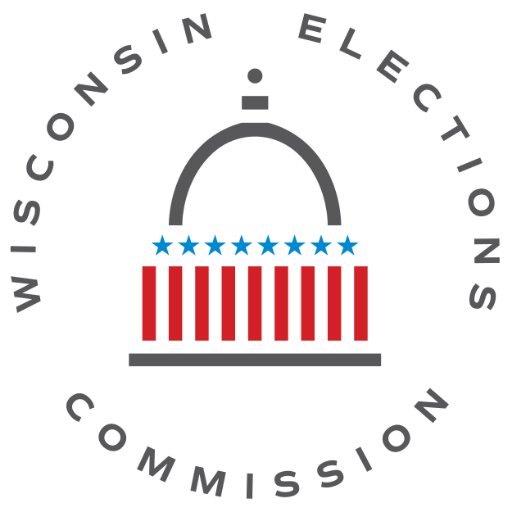Wisconsin Absentee Voting Off to Strong Start
At MyVote, voters can ask for an absentee ballot to be mailed to them and track their ballot after they return it to their municipal clerk’s office.
MADISON, WI – More than 159,000 absentee ballots have already been issued for the November 6 General Election and 84,000 have been returned so far, according to the Wisconsin Elections Commission.
“People who want to vote absentee have options,” said Meagan Wolfe, Wisconsin’s chief elections official. “The best place to start is at our MyVote Wisconsin website, https://myvote.wi.gov.”
At MyVote, voters can ask for an absentee ballot to be mailed to them and track their ballot after they return it to their municipal clerk’s office. Those who want to vote absentee in their clerk’s office can find clerk contact information on the MyVote website as well as by calling 1-866-VOTE-WIS.
Many municipal clerks around Wisconsin have begun in-person absentee voting (sometimes called early voting) in their offices or at satellite locations, but there is no uniform start date, Wolfe said. Due to the One Wisconsin Institute court case, municipal clerks are free to set their own in-person absentee voting schedules.
Voters must be registered before they can request an absentee ballot, which voters can do in the municipal clerk’s office until Friday, November 2. There is no voter registration on the Saturday, Sunday, or Monday before the Election. Voters may also register to vote at their polling place on Election Day. Wednesday, October 17 is the last day to register online or by mail to vote.
Historically, more than two-thirds of absentee ballots are cast in the clerk’s office or a satellite voting location, Wolfe noted.
Comparable pre-election numbers for absentee voting in 2014 are not available because clerks were not required to track absentee ballots online until 2016. Overall in 2014, there were 374,294 absentee ballots counted out of 2.42 million votes cast, which is approximately 15 percent of turnout. In the 2016 General Election, 819,000 of the 2.99 million ballots were absentee, or 27 percent.
The Wisconsin Elections Commission posts daily updates on absentee voting on its website: https://elections.wi.gov/publications/statistics/absentee.
The deadline for clerks to receive requests for regular mailed absentee ballots is 5 p.m. on Thursday, November 1. Absentee voters who are in the military, hospitalized or serving jury duty have later request deadlines, and should contact their municipal clerk for details. Wolfe urged voters who need absentee ballots mailed to them to make the request as soon as possible, in the event of delays with mail delivery. Most absentee voters need to send a photocopy of their photo ID along with the mailed absentee ballot request. The MyVote Website has a feature allowing users to upload a picture of their photo ID when they request their absentee ballot online.
Wolfe said voters may be getting a variety of mailers encouraging them to vote absentee this time of year. If voters use one of these mailers to request an absentee ballot, they should remember to include a copy of their photo ID along with the postcard they mail back to their municipal clerk. The Commission encourages voters to rely on their local municipal clerk’s office or the MyVote Wisconsin website for reliable, non-partisan information about absentee voting procedures and deadlines.
Wolfe also reminds voters that if they have an absentee ballot, it should be mailed or returned directly to their municipal clerk’s office.
“The law has changed in 2016, and absentee ballots must be delivered to the municipal clerk’s office by Election Day or they will not be counted,” said Wolfe. “To give USPS enough time to do its job, we are urging absentee voters to put their ballots in the mail one week before Election Day.”
“If you are not sure if your ballot will arrive in time, you can still deliver your absentee ballot to your municipal clerk’s office or the polling place on Election Day,” said Wolfe.
The Wisconsin Elections Commission is responsible for administration and enforcement of election laws in Wisconsin. The Commission is made up of six Commissioners – four appointed directly by the State Senate Majority Leader, Speaker of the Assembly and the Minority Leaders in the State Senate and Assembly. The remaining two Commissioners are by the Governor with confirmation by the State Senate from lists of former municipal and county clerks submitted by the legislative leadership in each party.
NOTE: This press release was submitted to Urban Milwaukee and was not written by an Urban Milwaukee writer. While it is believed to be reliable, Urban Milwaukee does not guarantee its accuracy or completeness.
Recent Press Releases by Wisconsin Elections Commission
WEC Schedules Public Hearing on Proposed Administrative Rules
Dec 3rd, 2025 by Wisconsin Elections CommissionPreliminary Hearing on Proposed Rules for Voting Equipment/Ballot Security, Training of Election Inspectors and Special Voting Deputies



















